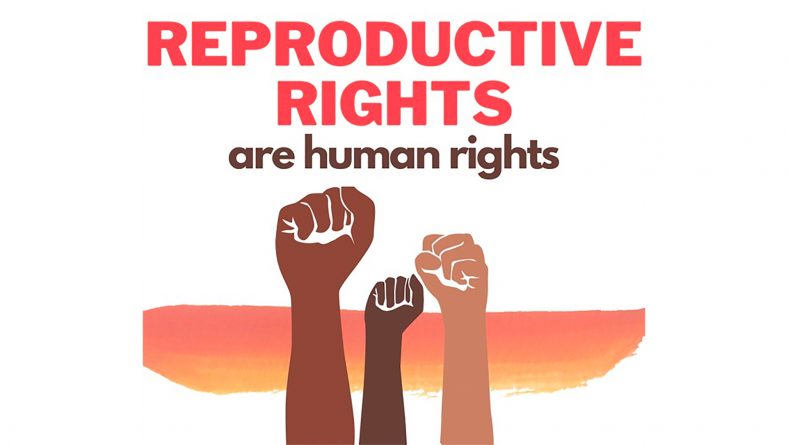CARIBBEAN GOVERNMENTS MUST RESPECT AND PROTECT THE SEXUAL AND REPRODUCTIVE HEALTH AND RIGHTS OF THEIR PEOPLE
The Caribbean Observatory on Sexual and Reproductive Health and Rights and the Caribbean Family Planning Affiliation (CFPA) stand firmly in support of women and girls and their bodily autonomy. It is a Human Right to have access to reproductive care. The removal of this Right negatively impacts the physical, mental, and economic health of a person, and thus the community at large.
The ruling of the US Supreme Court on Friday June 24, 2022, which overturned Roe v. Wade, the landmark ruling that established the constitutional right to abortion in the United States of America in 1973. This is a major blow to the achievements of decades of struggle for gender justice and equality.
“It is a sad day when an existing human right in place for many decades, is removed, especially when this human right relates to women. This is a roll back of a hard-won right gained by United States women activists over many years of struggle. They must be rolling in their graves or back on the streets!!. This is not an opportunity for Caribbean governments to even consider the same. This is the time for us to move forward to enhance women’s reproductive health and rights in our region, not roll them back.”- Professor Rhoda Reddock. CAFRA Trinidad and Tobago
The ruling will see increased health risks and devastating outcomes of gender-based violence (GBV), including unwanted pregnancies, poor newborn and poor maternal health, especially for poor and vulnerable women and girls.
“This decision threatens to slow the Caribbean’s progress on CSE, access to contraceptives, and eliminating gender-based violence… We stand in solidarity with the women of the US, and are energized in our own fight for women’s access to reproductive rights and justice.” Dr Tonia Frame, Board President, Grenada Planned Parenthood Association.
Sexual and reproductive health and rights are Human Rights and include access to sexual and reproductive health care and information, as well autonomy in sexual and reproductive
decision-making. It is grounded in other essential human rights, such as the right to health, the right to be free from discrimination, the right to privacy, the right to determine the number and spacing of one’s children, and the right to be free from sexual violence.
The criminalization of abortion is incompatible with international human rights obligations. Without access to safe abortion, poor women and girls often resort to unsafe means of abortions. Evidence strongly points out that despite restrictive laws, abortion is prevalent in the Caribbean with higher incidences of abortions than in countries with more liberal laws.
According to recent data from Gutmacher (2018), for the period 2010-2014, the Caribbean rate for unintended pregnancy was higher than the LAC average (96 per 1,000 women aged 15 to 44), namely 116 unintended pregnancies per 1,000 women. The Caribbean also ranks the highest when it regards abortion rates: 59 abortions per 1,000. More than 97% of women of reproductive age in Latin America and the Caribbean live in countries with restrictive abortion laws.
Restrictive laws and criminal penalties do not reduce the incidence or rate of abortions, but make them less safe. Data suggest a strong correlation between restrictive abortion laws and higher rates of maternal deaths (Johnson, et al. 2017). Estimates for Latin America and the Caribbean show that 9.9% of maternal deaths are caused by abortions.
Caribbean governments can significantly reduce maternal morbidity by providing safe termination, investing in CSE and family planning.
Within CARICOM, Barbados (1983) and Guyana (1995) have led the way with legislation that decriminalized abortion. Belize, St. Lucia, and St. Vincent and the Grenadines have expanded the exceptions that allow for abortion under the criminal law.
We applaud the progress of Caribbean Governments that respect and protect the rights of their people and call for stronger collaboration with CSOs, especially Women’s Rights Organisations to advance the health and welling, uphold the dignity of women and girls and unequivocally defend the need to safeguard their reproductive rights under Caribbean law.



